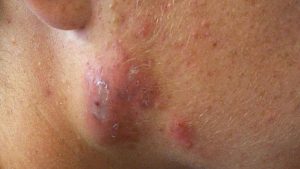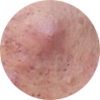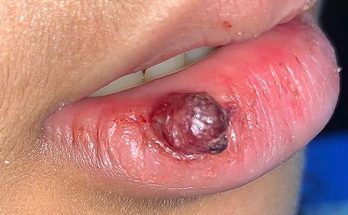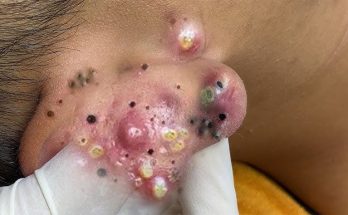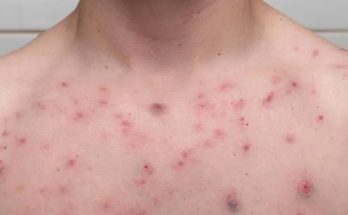Cystic Acne treatment
It’s important to treat cystic acne as soon as possible to minimise the risk of acne scarring. As cystic acne can tunnel in to the very deep layers of the skin, scars are sometimes inevitable, but through swift and effective treatment, you’ll be giving your skin the best chance to avoid severe scars.
The best cystic acne treatment is to receive specialist attention from a dermatologist, who will assess your skin and most likely prescribe medication, such as oral antibiotics or topical retinoids. This will treat the systemic causes of the condition before skin treatments, such as peels, can be used. At home treatment would not be sufficient to treat cystic acne successfully.
Prevention and skincare tips
The best way you can avoid cystic acne is through a diligent skincare routine:
- Wash your face using a gentle cleanser. You can find a selection of dermatologist-approved cleansers for acne here.
- Do not pick at your skin. Bursting your pimples will likely spread the acne bacteria across other areas of your face, leading to more lesions and breakouts. Even if you don’t have cystic acne, picking at your skin will increase the risk of developing this condition
- Select skincare and makeup products that are labelled as non-comedogenic and oil-free. This means they will be less likely to clog your pores.
- Always remove your makeup before going to bed
- Wear a broad spectrum sunscreen, every day, regardless of the weather. If you have already been prescribed with cystic acne medication, your skin is likely more prone to sunburn. Wearing SPF will ensure your skin is also protected against the aging effects of UVA rays, as well as skin cancer. You can find a selection of dermatologist-approved sunscreen here.
- Try to minimise stress. There is evidence linking acne breakouts to stress.
- Avoid foods with a high glycemic index, such as pasta, bread and sweets.
